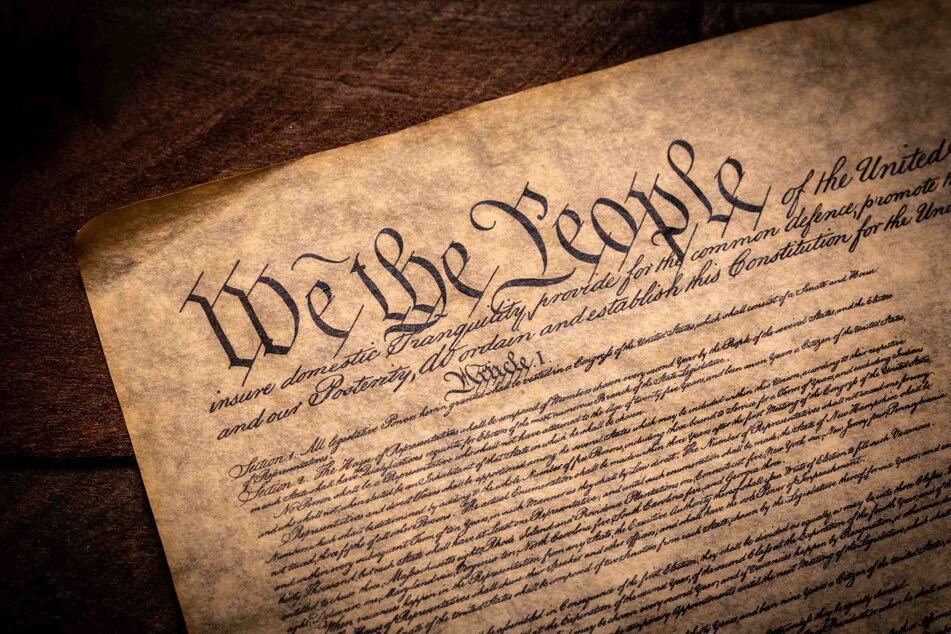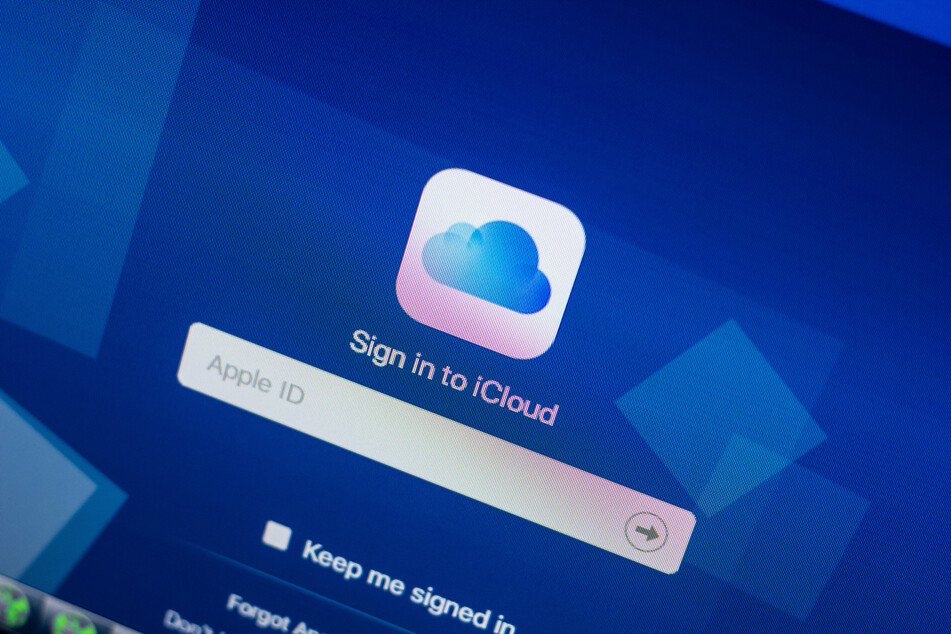Can the government use Apple's new iCloud scanning program to spy on citizens?
Cupertino, California - After Apple's recent announcement that it would scan all photos uploaded to iCloud for child sexual abuse material (CSAM), many began to worry that the government could force the company to grant access to their private photos.

Matt Tait, the COO of security company Corellium, reassured users that because the US has the Fourth Amendment in place, the government wouldn't be allowed to use private scanning services to spy on American citizens, according to a summary provided by 9to5Mac.
The Fourth Amendment protects US citizens from unreasonable search and seizure.
Tait is a former analyst for GCHQ, which is the British version of the US' National Security Agency, so he should know what he's talking about.
The new concerns about spying stem from the recent Pegasus software hacking of prominent journalists and leaders who found their phone's information and private photos stolen and leaked.
A fear, according to Johns Hopkins cryptographer Matthew Green, is that the Department of Justice could go to the National Center for Missing & Exploited Children (NCMEC) and ask them to add other photos to the database that teaches Apple's program what to scan for. This could, perhaps, include photos of missing children, wanted criminals, or anyone who is a person of interest to the government.
Given that the NCMEC isn't a wholly government-run organization, there might not be much oversight when this happens.
In this scenario, the photos could then trigger Apple's new system, and if there is enough suspicion, the government could force Apple to turn over customers' information.
All three organizations would have to agree on proposed spying measures - and that's not likely

Yet, according to Tait, the fact that NCMEC isn't a full government entity is what will keep Americans safe, as they can't easily be forced by the government to do anything.
Apple could also blow the whistle on any requests for information that don't match CSAM parameters, signaling that the government is attempting to circumvent the Fourth Amendment and violate citizens' protection.
Likewise, Apple isn't obligated to work with NCMEC, and the relationship is voluntary.
Additionally, any perceived invasion of privacy would probably be overthrown in court, as it is unlikely the government could supply any proof this doesn't violate the Fourth Amendment.
At least for now, iCloud users can rest a bit easier.
Cover photo: 123RF/ jaflippo